Manasika Roga: Ayurveda's Approach to Mental Health on World Mental Health Day
World Mental Health Day is a reminder of the importance of mental well-being. While modern medicine has made significant strides in understanding and treating mental health issues, many ancient healing traditions also offer valuable insights. Ayurveda, the ancient Indian system of medicine, provides a holistic approach to mental health through its understanding of Manasika Roga, or mental disorders.
The Five Senses - Sound
The sense of sound holds great importance in Ayurveda, the ancient Indian system of holistic healing. Ayurveda recognises that sound has a profound impact on our overall well-being, affecting us at physical, mental, and spiritual levels. In Ayurveda, the sense of sound is referred to as "Shabda" and is considered one of the five senses, along with sight, touch, taste, and smell.
The Five Senses - Smell
The sense of smell is a powerful and often underestimated sense that plays a significant role in our lives. In Ayurveda, the ancient Indian system of holistic healing, the sense of smell is considered a gateway to our emotions, memories, and overall well-being. Ayurveda recognises the profound impact of aromas on our physical, mental, and spiritual health.
The Five Senses - Sight
The sense of sight is a precious gift that allows us to perceive the beauty of the world around us. In Ayurveda, the ancient Indian system of holistic healing, the sense of sight is considered a vital aspect of overall well-being. Ayurveda recognises that our visual experiences have a profound impact on our physical, mental, and spiritual health. In this article, we explore the significance of the sense of sight in Ayurveda and how we can cultivate visual harmony for enhanced well-being.
The Five Senses - Touch
In the ancient healing system of Ayurveda, the sense of touch is considered a powerful tool for promoting well-being and balance in the body and mind. Through various forms of tactile therapy, Ayurveda harnesses the profound healing potential of touch to restore harmony and support overall health. In this article, we explore the significance of the sense of touch in Ayurveda and how it can be utilized for therapeutic purposes.
The Five Senses - Taste
In Ayurveda, the concept of "rasa" refers to the taste, flavor, or essence of a substance. Rasa is considered to be an essential aspect of Ayurvedic medicine, as it plays a significant role in the body's digestion, absorption, and metabolism of food and other substances.
The Five Great Elements
In Ayurveda, the Pancha Mahabhutas, or the five great elements, are considered to be the fundamental building blocks of the universe. These elements are the basis of all physical matter, including the human body. Understanding the Pancha Mahabhutas is an essential part of Ayurvedic medicine.
Ayurveda’s Ancient Origins
The roots of Ayurveda can be traced back for more than 5000 years. During the the Vedic period in India, which lasted from about 1500 BCE to 500 BCE, the Vedas, a collection of sacred texts, were written. These texts included information on health and healing, and the principles of Ayurveda were first described.
An Introduction to Ayurveda
Ayurveda is an ancient system of medicine that originated in India over 5,000 years ago. It is based on the idea that every person is unique and has a unique balance of physical, mental, and spiritual energies. Ayurveda aims to restore and maintain this balance through a variety of practices, including diet, herbal remedies, massage, meditation, and yoga…









